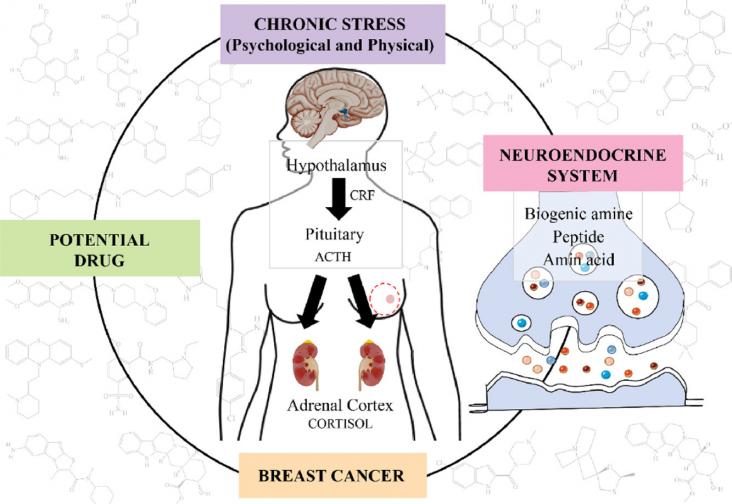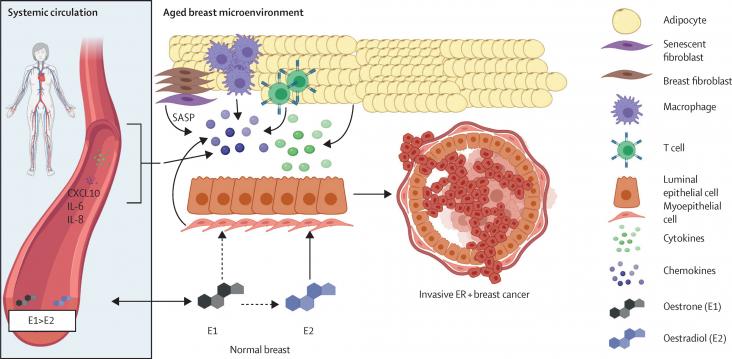An article focused on (i) understanding how climate change is decreasing ocean biodiversity and (ii) identifying the planetary health impacts accelerated by ocean biodiversity erosion.
This cross-sectional study finds that younger age group (18–35 years) and female cancer patients appear to be more prone to distress and warrant more attention from health care staff and caretakers.
This article focuses on the risk of psychological distress and the quality of life of the primary caregiver of patients with cancer and identifies steps that may be taken for supportive management.
How school children's lifestyle and mental health may have been affected by the COVID-19 pandemic.

This article analyzes the correlation between the mental stress and severe psychological impacts, specifically chronic stress, that patients with breast cancer experience and reviews the previous research on the correlation between chronic stress and the occurrence and development of breast cancer.
Acquired immunodeficiency syndrome (AIDS) is a disease arising from human immunodeficiency virus (HIV). Antiretroviral therapy (ART) is a main therapeutic regimen for inhibiting HIV proliferation and viability. Identification of differentially expressed genes (DEGs) in HIV-infected patients with and without ART could provide theoretical evidence for deep research into the efficacy of ART and corresponding mechanism.

This Review supports SDGs 3 and 5, focusing on screening, detection, and treatment of oestrogen receptor-positive breast cancers in older women, particularly in relation to recent moves to de-escalate some interventions for this population.
This Article supports SDGs 3 and 5, focusing on blood pressure and hypertension treatment and their association with cognitive impairment and dementia in older women.
A tissue biopsy to measure the role of mitochondria in the pathophysiology, is often not available. This article reviews biomarkers of mitochondrial dysfunction that can be measured in blood or blood cells suggests to use a panel of diverse blood biomarkers to identify a role of mitochondrial dysfunction.
This Article supports SDG 3 by estimating the prevalence of genetically confirmed facioscapulohumeral muscular dystrophy type 1, a rare disease, in China, showing that the estimated prevalence was 0.75 per million during 2001-2020.
